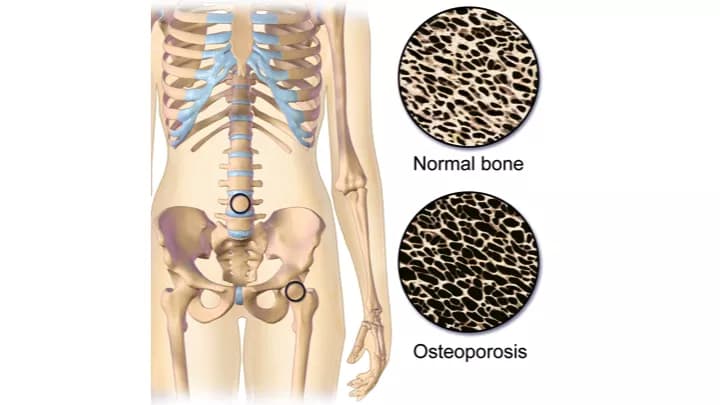
Young Thyroid Cancer Survivors Face Increased Risk Of Heart Conditions, Osteoporosis
ALEXANDRIA, Va. – In the United States, thyroid cancer incidence is increasing more rapidly than any other cancer and is commonly diagnosed at a younger age than most adult cancers. This year, an estimated 64,300 adults in the United States will be diagnosed with the disease.
A new study finds that younger survivors of thyroid cancer, those diagnosed before the age of 40, are at increased risk for hypertension, heart disease and osteoporosis. Researchers will present their findings at the upcoming 2017 Cancer Survivorship Symposium in San Diego.
“Patients diagnosed with thyroid cancer often have an excellent prognosis and survival rate, especially those diagnosed at younger ages, with less than 3% of thyroid cancer deaths occurring in patients diagnosed before age 40. But as the number of thyroid cancer survivors grows, more people are living with other serious health conditions resulting from treatment,” said lead author Brenna Blackburn, MPH, a member of the Hashibe Lab at Huntsman Cancer Institute (HCI) and a PhD candidate at the University of Utah. “It’s important to understand these long-term risks so that we can not only help manage their health, but also inform how oncologists care for these patients from the onset of diagnosis.”
Blackburn and colleagues examined data from 3,706 patients in Utah who were diagnosed with thyroid cancer between 1997 and 2012 and compared them with a matched control group of 15,587 people who did not have a cancer diagnosis. They found that survivors diagnosed with thyroid cancer before the age of 40 were five times more likely to develop swelling around the heart (peri-, endo-, and myocardititis), and more than twice as likely to develop heart valve disease, than the matched control group of cancer-free people. Younger thyroid cancer survivors were also more likely than matched controls to have other heart conditions, including hypertension and cardiac dysrhythmias. In addition, younger patients were more than seven times as likely to develop osteoporosis than the control group.
Researchers also assessed the risk of late effects among patients diagnosed at 40 years or older, finding some similar increased risks compared to the control group, but to a lesser extent than patients diagnosed before age 40. Specifically, they found older patients had a 46% increased risk of hypertension and were more than two times as likely to get osteoporosis than matched controls.
While such late effects are typically associated with aging, the authors speculate that younger patients are likely being treated with more aggressive treatments, including surgery, radioactive iodine therapy, external-beam radiation and hormone therapy.
“Younger patients are often considered healthier, and it’s assumed they’re better equipped to handle aggressive types of therapy that have been linked to heart damage, such as radiation and hormone therapy. But we’ve seen that they’re also developing worrisome side effects later,” Blackburn said.
This study is the start of a larger body of evidence that will inform how thyroid cancer patients are cared for in the future, according to the researchers. They plan to investigate whether cardiac late effects are the result of genetics or an inherited genetic mutation.
New guidelines from the American Society of Clinical Oncology address cardiac dysfunction in cancer survivors and recommend that clinicians complete a careful history and physical examination in patients who are receiving treatments that can potentially result in heart damage. The guidelines also refer patients to cardiologists for early management.
Thyroid cancer is the fifth most common cancer in women. It is estimated that 1,980 deaths from this disease will occur this year.1
Materials provided by 2017 Cancer Survivorship Symposium. Note: Content may be edited for style and length.
Disclaimer: DoveMed is not responsible for the accuracy of the adapted version of news releases posted to DoveMed by contributing universities and institutions.
Primary Resource:
Statistics adapted from the American Cancer Society's publication, Cancer Facts & Figures 2016.
Related Articles
Test Your Knowledge
Asked by users
Related Centers
Related Specialties
Related Physicians
Related Procedures
Related Resources
Join DoveHubs
and connect with fellow professionals

0 Comments
Please log in to post a comment.